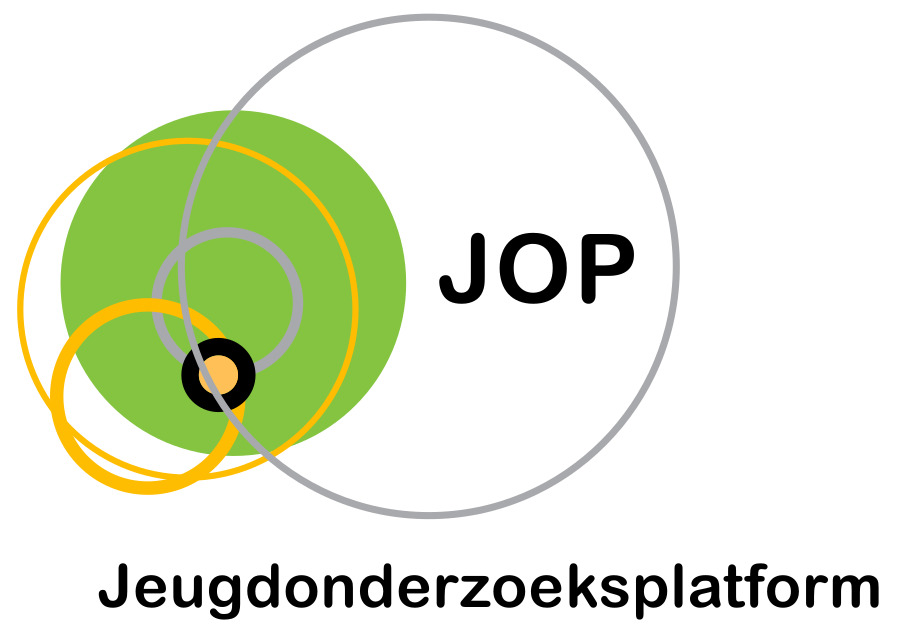Deze studie onderzoekt de onderliggende mechanismen van hoe jonge adolescenten sociale reclame verwerken (d. w. z. reclame op sociale netwerksites die laat zien hoeveel en welke vrienden van de gebruiker de pagina van het merk hebben ‘geliked’). Twee experimenten onderzochten met name de rol van merkvertrouwen in de attitudevorming van adolescenten en hoe merkvertrouwen wordt voorspeld door theorieën over social proof en persuasion knowledge. Daarnaast is de modererende rol van merkbekendheid en merkwaarde onderzocht. Het eerste experiment (N = 142) toonde aan dat een hoger merkvertrouwen werd geïnduceerd voor sociale reclame voor onbekende maar niet voor bekende merken via het principe van sociale bewijskracht. Dit betekent dat likes van vrienden onzekerheid kunnen verminderen en het vertrouwen in onbekende merken kunnen vergroten door sociale reclame, iets wat de merkattitude vergroot. Overtuigingskennis kon de effecten van sociale reclame niet verklaren. Het tweede experiment (N = 72) toonde aan dat sociale advertenties effectiever zijn voor merken die symbolisch zijn (versus niet-symbolisch). Implicaties voor management en beleid met betrekking tot sociale reclame gericht op adolescenten worden besproken.
This study investigates the underlying mechanisms of how young adolescents process social advertising (i. e., advertising on social networking sites which shows how many and which of the user’s friends have ‘liked’ the brand’s page). Particularly, two experiments examined the role of brand trust in adolescents’ attitude formation and how brand trust is predicted by theories of social proof and persuasion knowledge. In addition, the moderating role of brand familiarity and brand value is investigated. The first experiment (N = 142) showed that higher brand trust was induced for social advertising for unfamiliar but not for familiar brands through the principle of social proof. This means that friends’ likes may reduce uncertainty and increase trust in unfamiliar brands through social advertising, something which enhances brand attitudes. Persuasion knowledge could not explain the effects of social advertising. The second experiment (N = 72) showed that social advertisements are more effective for brands that are symbolic (versus non-symbolic). Managerial and policy implications regarding social advertising targeting adolescents are discussed.

